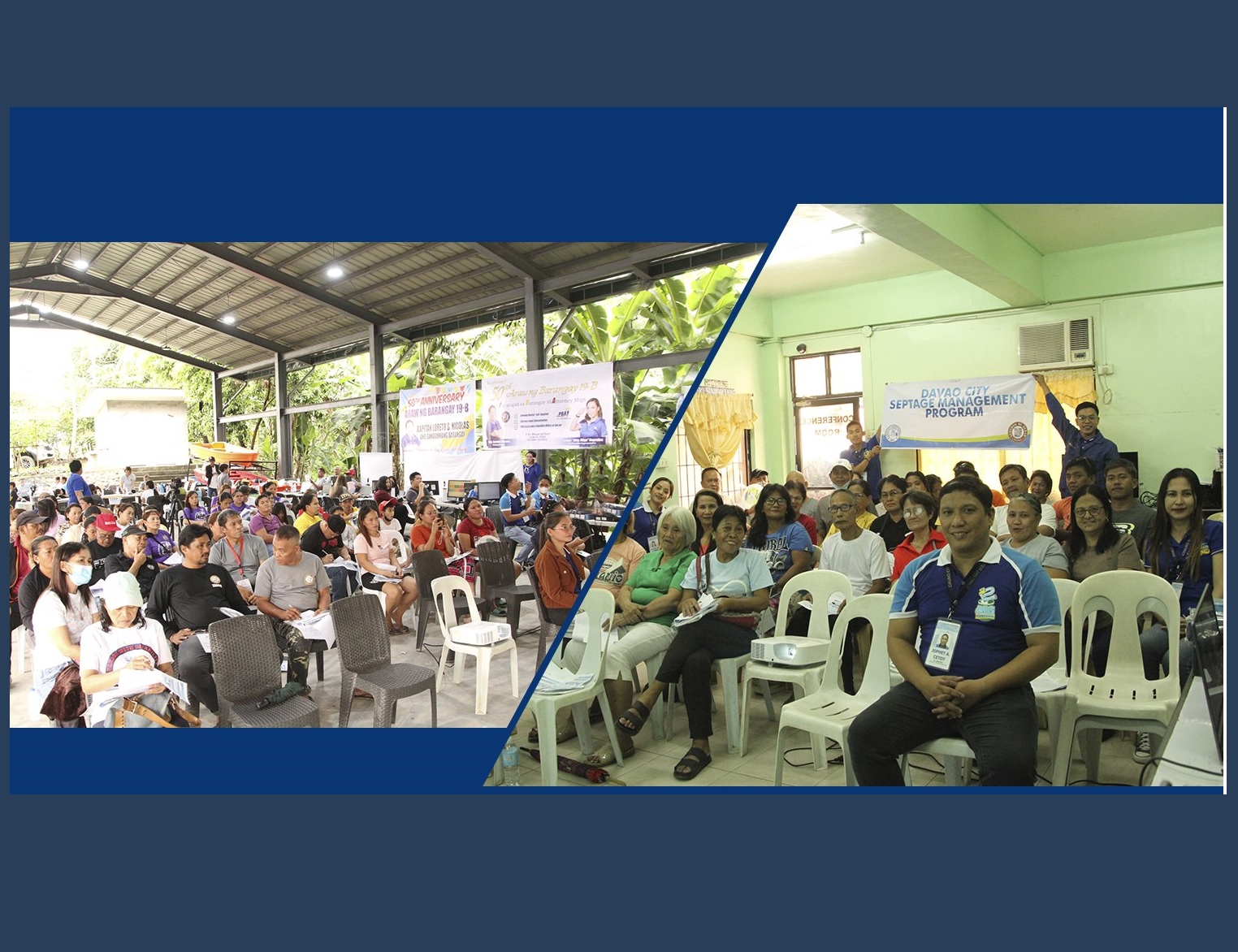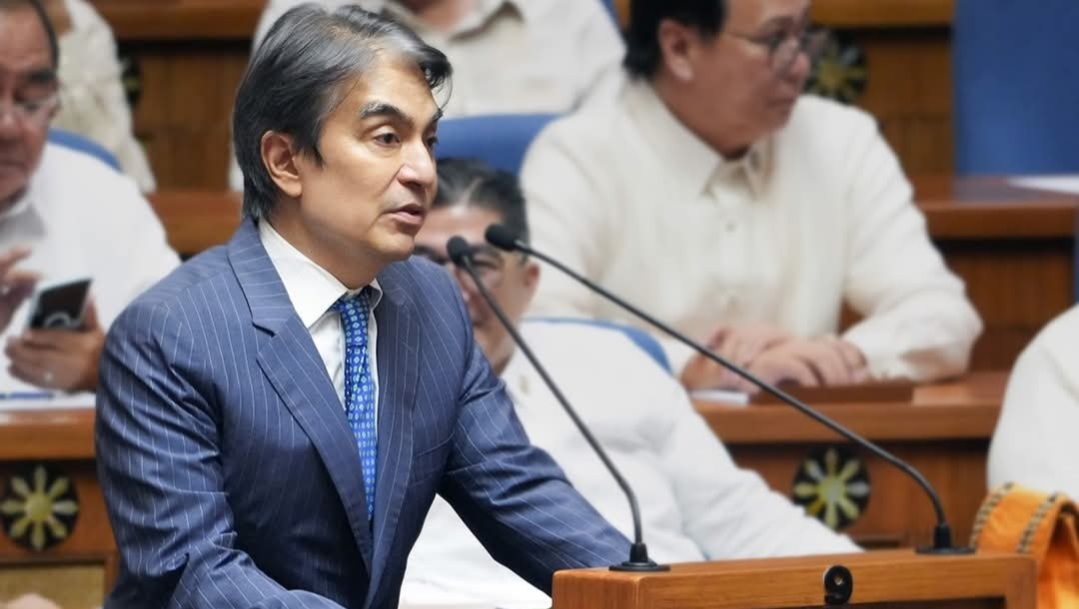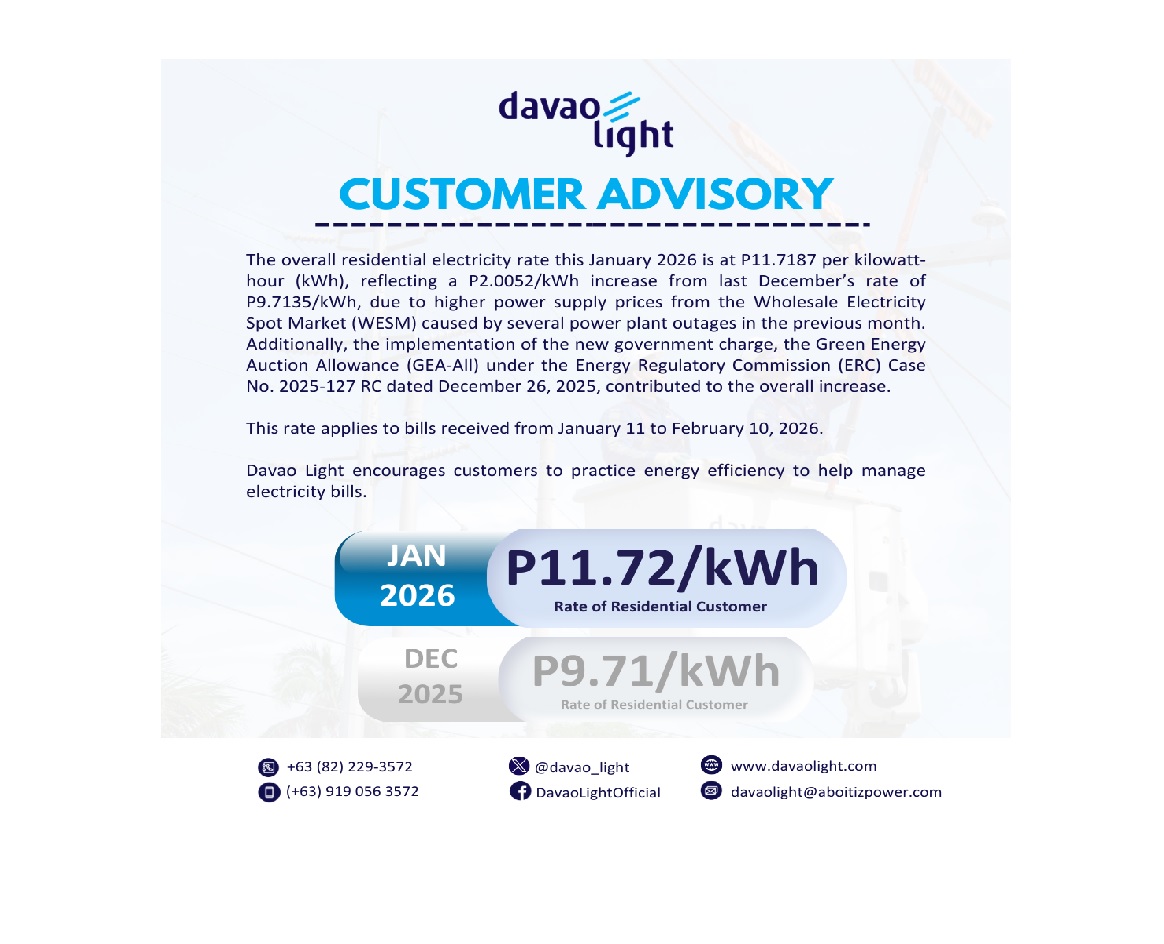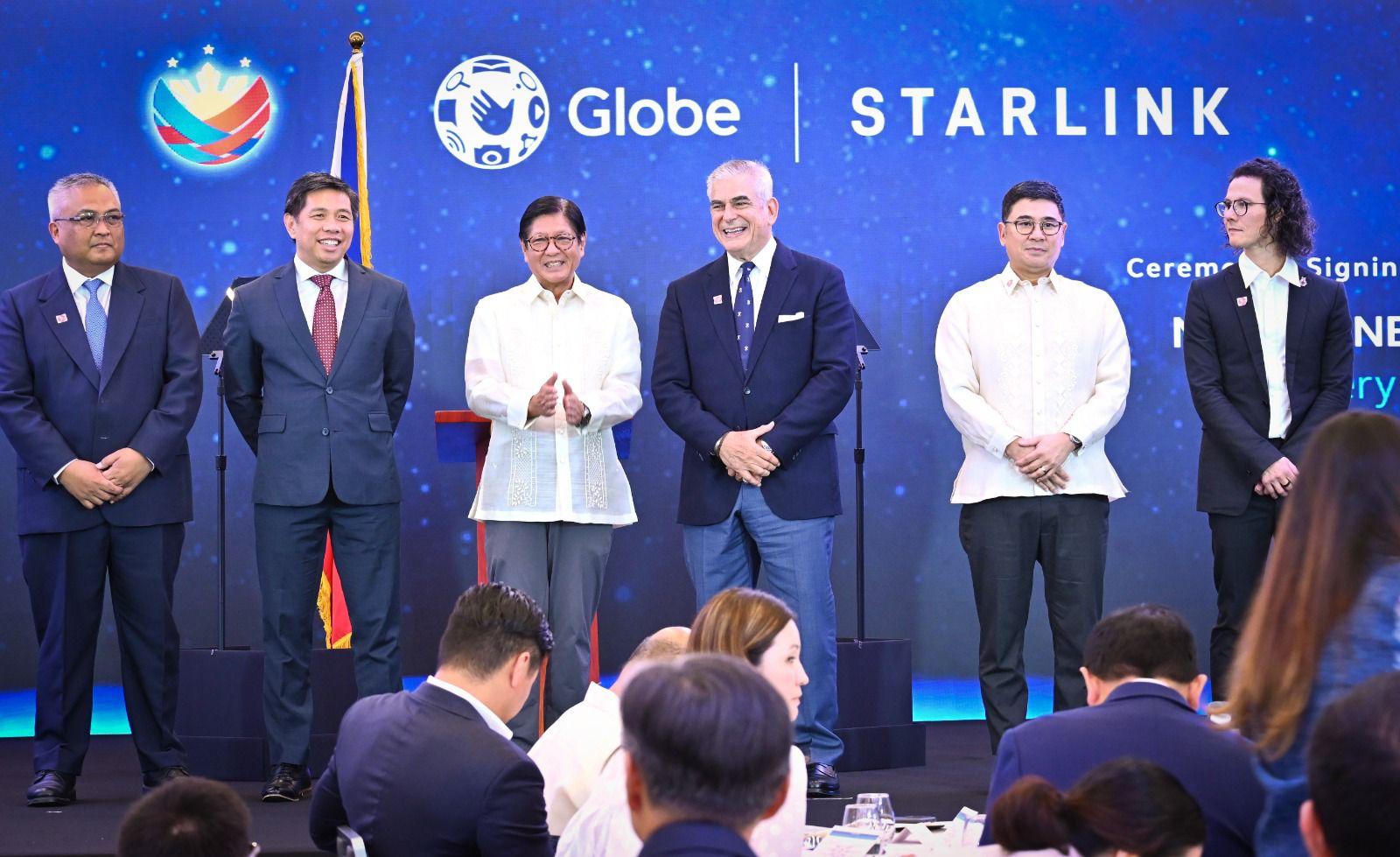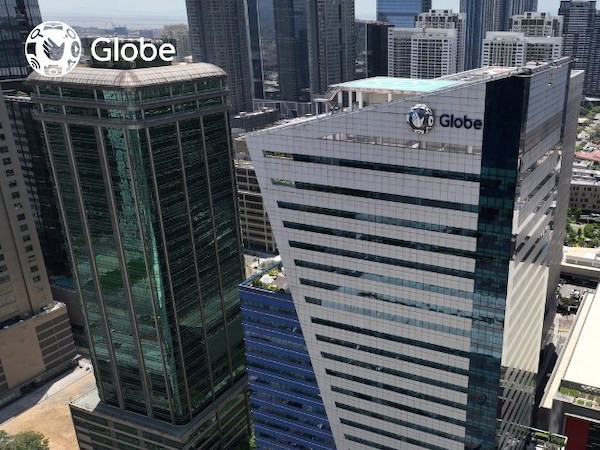Photo courtesy: DCWD
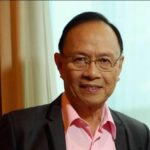
After accomplishing the Bulk Water Project in partnership with Apo Agua Infrastructura, Inc. , the Davao City Water District has embarked on Septage Management Project that would address the collection and treatment of septic waste that has been a challenge to the City Government.
The SMP had been a priority project of DCWD and of the city government that dated back on the last term of then Mayor Rodrigo Duterte. There were intervening factors that came into play among them the negative reactions of the community where the treatment plants are to be situated and questions raised by some members of the city council then.
I personally lost track of the fate of the SMP. I did not realize that DCWD and the City Government entered into a modus vivendi and quietly worked to establish septage treatment plants in strategic places in the city.
There were radical changes in Septage Management Project from when it was initially planned in 2014. The original concept of an open treatment facilities was replaced with state-of-the art complex and processes. DCWD Chairman of the Board Ed Bangayan wanted nothing less than the best there is available in SMP technology. The construction of the first treatment complex started the moment the City Council gave clearance to the water district.
The DCWD Board of Directors created a new Department of The Septage and Sewerage which will exclusively focus on the operations and management of the the septage project and appointed Engr. Christine S. Guarde as head of the new department.
DCWD spokesperson Johanna Duhaylungsod said the first septage treatment plant will commence operations this coming July. DCWD which was cited by Local Water Utilities Administration head Jose Salonga as the most efficient water utility in the country, i is ready for the launch.
Basically the processes involve include desludging of septic using vacuum trucks to pump out sludge or waste through the lid of septic tanks into the truck which will take the waste to the treatment plant. DCWD is ready with its own vacuum trucks. Unloading, treating, segregation of liquid and solid follow. The end product is absolutely clean, no smell and free of pathogens. The liquid is clear and clean and can be released to waterways while the solids may be brought to the dump sites or landfills.
Biosolids are used as fertilizer in countries like the United States, and other European countries. However there respective regulatory agencies impose strict standards to insure its safety and effectiveness. Contrary to public perception the biosolids used as fertilizer actually minimize harm on environment and reduce dependence on synthetic fertilizer.
Biosolids from the DCWD septage treatment plant can be had for free.
Like private desludging firms DCWD will be charging minimal fee based on the volume of water used by its clients. The better feature is that the fee will be amortized and spread for a period of five years and is hardly felt by the clients. Disludging is done every five-year cycle.
Kudos to DCWD for another milestone that makes Davao City truly a livable place. Again in the same manner that we doff our hats for ensuring the supply of potable water for the next generations, by putting up an alternative source of water with its bulk water project, we congratulate DCWD’s Board of Directors chaired by Ed Bangayan and its management team led by Ms. Mildred Aviles for their forward-looking corporate strategy and planning.

